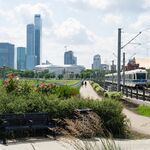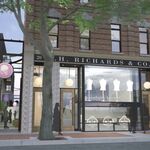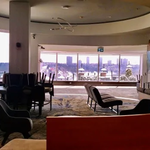The reason that the city is in the financial position it is in is because of decades of unsustainable outward growth. This council is the one that took a major step towards correcting that with the new zoning bylaws, but it will take decades to show meaningful results.
It’s not nearly as simplistic as that…
The reason is a cumulative misallocation of priorities and resources.
It’s the delayed timing of transit to new developments - industrial as well as commercial - that generates an early reliance on cars.
It’s the focus on high-end multi purpose recreational facilities at the expense of community based options.
It’s decades of ignoring or postponing maintenance, all while costs continue to rise.
It’s insisting on “made in Edmonton” solutions when proven off the shelf solutions are readily available.
It’s too happily taking on ventures before they’re proven economically viable (composting, recycling sand, electric buses, experimental bridge decks etc.).
It’s taking on expensive projects where there is little expertise in delivering them successfully (Station Pointe, Blatchford, Northlands, the Quarters, Rossdale etc.).
It’s taking economic drivers like downtown for granted until the golden goose is on life support.
It has not only allowed demolition by neglect, it has participated in it (everything from the Oliver pool to the Aviation Museum to the Citadel).
It’s projects that are overly complex (Jasper Avenue), projects that take forever (Ortona), projects that are overdone (the NE police building), projects that are underdone (the downtown library).
This is just an impromptu partial list and I’m sure others could contribute similar ones.




